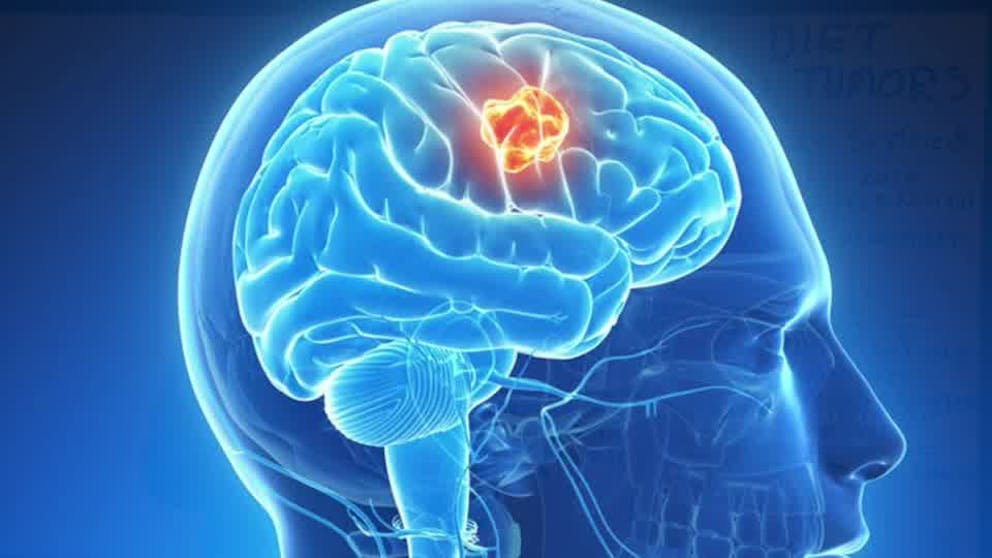Creatine: The Recovery Nutrient
Ever wonder what creatine is and why many in the weightlifting community are touting its benefits for muscle growth?
Learn what creatine is, how it affects muscle growth, and how it can benefit your overall health.
Understanding Creatine and Its Role in Muscle Development
When it comes to muscle development, one supplement that often springs to mind is creatine. Known for its effects on promoting muscle growth and strength, creatine is a popular supplement among athletes.
The Composition of Creatine
Creatine isn't some mysterious substance cooked up in a lab. Arginine, glycine, and methionine are the three amino acids that combine to form creatine.
These three components join forces within your body to give you the energy boost needed during heavy-weight training sessions.
Arginine assists with blood flow optimization, while glycine helps regulate sleep quality, which is necessary for recovery post-workout. Methionine aids fat metabolism, leading to leaner muscle mass over time.

How Creatine Supports Muscle Development
During intense physical activities like weightlifting or sprinting, your muscle cells utilize creatine as energy.
Creatine provides an augmented energy reserve for more significant output potential.
Furthermore, this "premium fuel" contributes to an increase in overall muscle size and is pivotal in enhancing muscular strength. This, in turn, leads to more efficient and effective workouts over time.
This remarkable process commences by supporting our muscle cells in generating ATP (Adenosine Triphosphate), which serves as the primary energy source for our muscles. As ATP depletes during workouts, creatine facilitates the regeneration of this invaluable resource.
This reduction in fatigue allows individuals, from gym enthusiasts to weekend warriors, to power through those final few repetitions, making creatine-rich foods an excellent addition to your fitness journey.
The Science Behind Creatine and Muscle Performance
Let's talk about creatine, a natural substance that turns into creatine phosphate in the body. This natural compound transforms into creatine phosphate within the body, producing ATP, which furnishes energy for muscle contractions when doing weight-lifting exercises.
Just as plants use sunlight to create energy through photosynthesis, your muscles use creatine to recycle ATP, their primary fuel source.
When you exercise, ATP gets used up quickly, but with help from creatine, it can be recycled back into usable form faster. So essentially, having more available ATP means increased athletic performance because you can push harder and longer without getting tired.
Intricacies Of The Process
Studies suggest that taking a supplement like creatine increases the phosphocreatine stores in your muscles.
This, in turn, helps replenish ATP more quickly during strenuous physical activities and increases strength and power.
That's why creatine supplementation is joint among athletes who need short bursts of speed or muscle mass, such as football players or weightlifters.
Increase Your Size Naturally
Creatine can help increase muscle size without any unnatural substances. Here’s where science kicks in: water molecules are drawn towards cells filled with creatine, which results in cell volumization, making your muscles appear more prominent than before.
This natural process makes you look great and kickstarts protein synthesis, further aiding muscle growth. Comprehending the varieties of creatine obtainable, such as micronized and ethyl ester forms, is critical.
Different Types of Creatinе
When it comes to creatine, not all types are created equal. The market is flooded with various versions, but two stand out from the crowd, creatinе ethyl ester and micronized creatinе.
Creatinе Ethyl Ester: The Game Changer?
This type of creatine boasts a unique feature, an attached ester group. This small change could make a huge impact. Esters are known for enhancing absorption in the body, making every scoop more efficient.
For maximum efficacy and cost-effectiveness, this option is worth considering.
Micronized Creatinе: Small Size, Big Impact
The secret behind micronized creatine lies in the word 'micro.' Smaller particles mean faster digestion and quicker uptake into your muscles. This means less waiting around post-workout and potentially faster results.
Creatine and its Impact on Brain Health
Have you ever thought about how to improve your brain health? The answer might surprise you. It's not a magic pill or an ancient meditation technique, but something more tangible: creatine.
The same substance athletes use for muscle building can also benefit your noggin.
Known primarily for boosting athletic performance, creatine is now gaining recognition in neuroscience. Studies suggest that creatine not only assists muscle cells in generating energy during intense physical activity but could also be beneficial for brain function.
The Neuroprotective Effects of Creatine
You might wonder: "How exactly does this supplement support my grey matter?" Well, studies suggest that creatine has potential benefits when dealing with traumatic brain injuries.
When our brains suffer from trauma or disease, they need increased energy to recover and repair neural pathways. That's where creatine comes into play: by providing extra fuel at a cellular level.
Researchers are exploring its impact on neurodegenerative conditions like Huntington’s disease and Parkinson’s.
Evidence suggests that regular supplementation could provide some protective benefits against these devastating illnesses.
Creatine's Role In Cognitive Function
Evidence suggests creatinine helps maintain normal levels of ATP (the primary source of cell energy) within the brain, leading to improved cognition under stress situations such as sleep deprivation.

The Safety and Long-Term Effects of Creatine
Questions about the safety of creatine are prevalent among those who use it. Knowing what you're putting into your body is essential, especially when it can significantly impact muscle health.
Long-Term Use of Creatine: What Does Science Say?
Research suggests that long-term use of creatine does not harm our kidneys or liver. Some studies have shown no adverse effects, even after years of continuous usage.
Scientific evidence supports the idea that long-term use of creatine does not cause any damage to our kidneys or liver.
A study published in the Journal of Sports Medicine found no harmful effects on kidney function among athletes who used creatine for several years.
A Closer Look at Potential Side Effects
No supplement is perfect – including creatine. Some people report minor side effects like bloating and stomach discomfort after supplementation. Suppose these symptoms persist despite reducing your dose or trying a different form, such as micronized creatine.
In that case, it may be best to stop taking it altogether and consult a healthcare professional.
Cycling Your Supplement Intake
To manage any potential side effects from prolonged usage,
Maintain effectiveness over time by giving your body a break,
Allow your natural creatine production to recover.
Creatine and Hydration
Rumors have been circulating that creatine could potentially cause dehydration. But let's set things straight here. While it's true that creatine draws water into your muscles - a plus for muscle growth, there isn't any solid proof.
As always, be sure to stay hydrated and consult a healthcare professional before adding any supplements to your routine.
Conclusion
Creatine stands as a beacon of hope for those striving to enhance their muscle growth and overall health.
With its ability to augment energy production in muscle cells, foster cell volumization, and potentially support brain function, creatine emerges as a versatile ally in the pursuit of fitness excellence.
As research delves deeper into its various forms and potential applications, understanding the intricacies of creatine supplementation becomes paramount for maximizing its benefits while ensuring long-term well-being.
Previous blog
Interstitial Cystitis Painful Bladder SyndromeNext blog
Triggers of Cortisol beyond StressTags

Popular
08/31/2023
12K views
08/31/2023
14.8K views
08/31/2023
147K views
03/18/2024
11/21/2022




